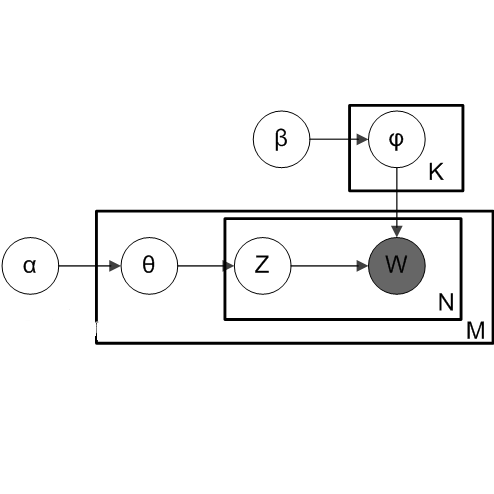Fundamental knowledge in activity recognition of individuals with motor disorders such as Parkinson's disease (PD) has been primarily limited to detection of steady-state/static tasks (sitting, standing, walking). To date, identification of non-steady-state locomotion on uneven terrains (stairs, ramps) has not received much attention. Furthermore, previous research has mainly relied on data from a large number of body locations which could adversely affect user convenience and system performance. Here, individuals with mild stages of PD and healthy subjects performed non-steady-state circuit trials comprising stairs, ramp, and changes of direction. An offline analysis using a linear discriminant analysis (LDA) classifier and a Long-Short Term Memory (LSTM) neural network was performed for task recognition. The performance of accelerographic and gyroscopic information from varied lower/upper-body segments were tested across a set of user-independent and user-dependent training paradigms. Comparing the F1 score of a given signal across classifiers showed improved performance using LSTM compared to LDA. Using LSTM, even a subset of information (e.g., feet data) in subject-independent training appeared to provide F1 score > 0.8. However, employing LDA was shown to be at the expense of being limited to using a subject-dependent training and/or biomechanical data from multiple body locations. The findings could inform a number of applications in the field of healthcare monitoring and developing advanced lower-limb assistive devices by providing insights into classification schemes capable of handling non-steady-state and unstructured locomotion in individuals with mild Parkinson's disease.
翻译:Parkinson病(PD)等有运动障碍的人的活动识别基础知识主要限于检测稳定状态/静态任务(静坐、站立、步行);迄今为止,在不均匀地形(楼梯、坡道)上发现非稳定状态的移动状态尚未受到多少注意;此外,先前的研究主要依靠大量身体地点的数据,这些数据可能会对用户方便和系统性能产生不利影响;在这里,具有温和PD和健康对象的温和阶段的人进行了非稳定状态电路测试,包括楼梯、坡道和方向变化等。使用线性扭曲分析(LDA)分类器和长短期内存(LSTM)网络进行离线性分析,以确认任务;通过一系列用户依赖性和依赖性的培训模式测试来自低/上层部分的感官和陀螺仪的性信息;通过对定级的F1分进行比较,显示使用LSTMTTM和LDA系统进行非稳定状态分析的实地表现;利用LSdeTM系统进行多级培训,提供甚高层次的数据。




